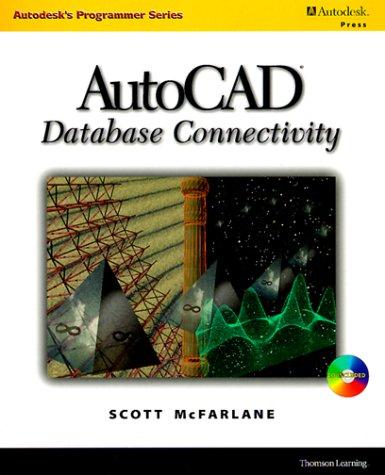Question
1a. Create a class named Inventory - Separate declaration from implementation (i.e. Header and CPP files) 1b. Add the following private member variables - a
1a. Create a class named Inventory - Separate declaration from implementation (i.e. Header and CPP files) 1b. Add the following private member variables - a int variable named itemNumber - an int variable named quantity - a double variable named cost - a double variable named totalCost. Total cost is defined as quantity X cost. - updateTotalCost() which takes no arguments and sets the values of the variable totalCost. 1c. Add the following public functions: - Accessor and Mutators for all private member variables - getTotalCost which returns the value of totalCost - Default constructor which sets all the member variables to 0. Finally, call the updateTotalCost function. - A non-default constructor which accepts an items number, quantity, and cost as arguments. This constructor must calls the mutator functions to set the values of the appropriate member variables. Finally, call the updateTotalCost function. 1d. Write a main(): - Create an instance of type Inventory using the default constructor. - Prompt the user to enter an itemNumber, cost, and quantity. - Use the mutator methods to update itemNumber, cost, and quantity. - Using the accessor functions, print the values of itemNumber, cost, quantity, and totalCost. - Create a new instance of type Inventory using the non-default constructor. - Using the accessor functions, print the values of itemNumber, cost, quantity, and totalCost.
Step by Step Solution
There are 3 Steps involved in it
Step: 1

Get Instant Access to Expert-Tailored Solutions
See step-by-step solutions with expert insights and AI powered tools for academic success
Step: 2

Step: 3

Ace Your Homework with AI
Get the answers you need in no time with our AI-driven, step-by-step assistance
Get Started


